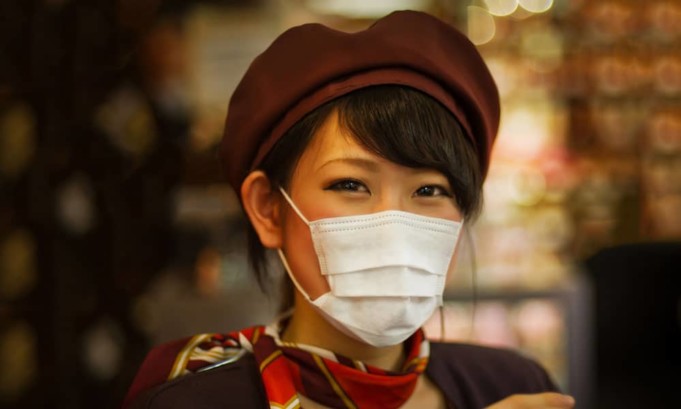If we think that, despite new advances in science and technology, we are immune to new viruses, we are wrong.
Scientists and authorities in the US and China have announced new health checks at international airports, especially the one in Wuhan City where a new deadly virus originated.
Chinese authorities believe that this mysterious virus originated from animal products in the city’s food market. The researchers are worried because the contagion reproduces from human to human.
So far four people have died and it is believed that there are about 4,000 infected, both in the city of origin Wuhan, in Thailand, Japan and recently in South Korea.
According to experts, apparently, it is a coronavirus, viruses of the same family as the SARS virus.
Beijing’s response to the outbreak
Just as many countries are taking preventive measures to control the spread of this virus, the Chinese authorities try to calm the population claiming that the situation is under control.
However, the Chinese New Year is approaching and it is a period of travel (2 million flights are expected in the season). Wuhan is not a small city; it has a population of about 11 million people.
At the same time, the World Health Organization (WHO) also reported that it is an outbreak originated from an animal market in Wuhan City. It is believed to come from animals, especially pigs.
What do experts say about this virus? Should we be worried?
Hugh Pennington, professor of bacteriology at the University of Aberdeen in Scotland, says, “We still don’t know this virus and it is the first of 2020, but we should not be too scared because, thanks to the measures taken, the virus could be identified although there is much to do ahead!”
“Pretty fast progress was made and tests and other studies are being done about it”, Pennington adds. According to these statements, the greatest “concern” is the spread of the virus from species to species since they noticed that it is transmitted through the air and is very difficult to predict.
What preventive measures should we take before this new outbreak?
According to Pennington, the virus is not as devastating as others of the same type as SARS, which killed a large number of those infected.
According to what has been reported in other countries and taking into account that some of the preventive measures involve a lot of logistics and very expensive equipment would be needed, for now, we can only be alert and have an eye on the virus and its spread.
On the other hand, in regions where there are more infected people, wearing a mask in the mouth and nose can help not to be infected. As well as being near-live or dead animals or farms of wild animals or some domestic animals such as horses (not necessarily the Kentucky Derby racehorses), sheep, pigs, among others, and constantly wash your hands.
The authorities and health personnel of the airports are also carrying out an exhaustive task with the controls, perhaps not to stop the outbreak, but to minimize it.
These traditional measures are the best that can be done now because, in the absence of a drug or a vaccine, they help control the spread of the virus. Without these measures, the virus might spread faster than a horse racing in the Kentucky Derby.
What are the symptoms of this new virus?
As reported by patients, the main symptoms are similar to those of pneumonitis:
On the other hand, to be sure, that someone contracted this new virus and other respiratory diseases; we must perform the corresponding tests. These are specialized and available and, thanks to gene sequences, you can know what type of strain it is, without major inconveniences.
Summarizing
While humans are exposed to many eventualities in life, whether natural or artificial, we must trust that the authorities, scientists and medical personnel provide due service.
In turn, as citizens, also have the responsibility to take care of ourselves, and those around us, avoiding further setbacks or pandemics, such as those that devastated entire populations, even recently.
Taking care of ourselves is our responsibility.












